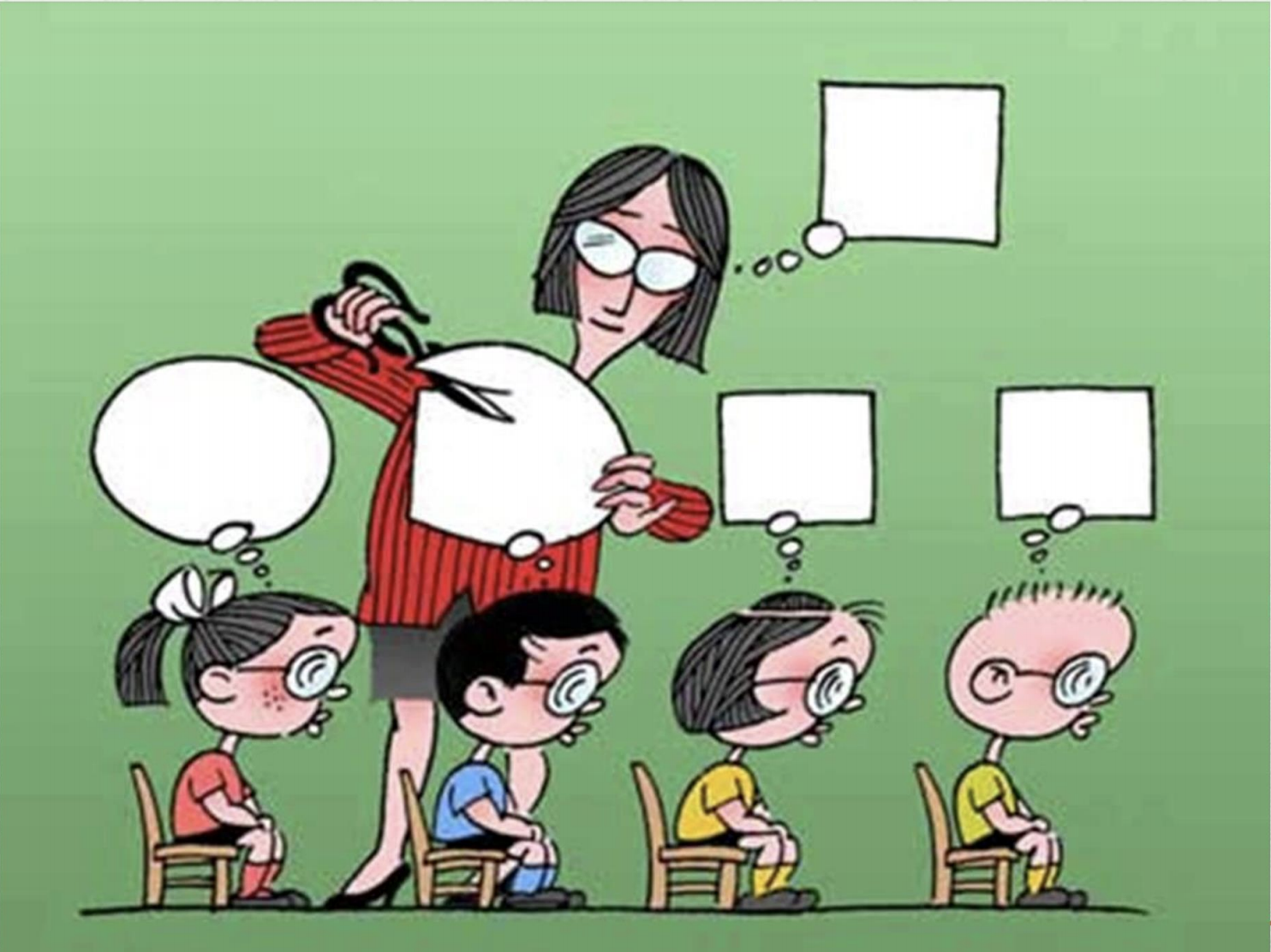An opinion piece regarding teaching “climate education” in schools was published yesterday by Newsroom. The article states climate education is not a “priority” for the MoE, yet, but modules are already being trialled.
An aim of the formal education system is to prepare children and young people for their (now unpredictable) futures. […]
“Climate Change: Prepare Today, Live Well Tomorrow” is available free from the New Zealand Association for Environmental Education. […] The eight modules cover topics from climate change science and indigenous knowledge systems to critical thinking and communication. […]
A new course to run alongside the existing modules has been developed in collaboration with young people:
They were aware of the connections between politics, economics, racism, colonisation, and ‘toxic masculinity’, as well as the dangers of social media.
Focus group participants considered Maori and Pacific worldviews to be key to addressing climate change, a view shared by other young climate activists. […]
The high school climate activists were very critical of individualistic ‘self-care’ approaches to wellbeing they had experienced in their schooling, recognising climate as a collective, existential crisis.
Newsroom
Meanwhile, this well-supported (Pharmac, Health NZ, among others) and doctor-recommended website appears to diagnose everything a teen might experience as “climate change anxiety”.
Symptoms of climate change anxiety
Climate change anxiety affects people in different ways. It can cause a range of psychological and physical symptoms such as feeling:
- helpless
- angry and frustrated
- tense and on edge
- upset and irritable
- unmotivated and unsocial
- tired from lack of sleep
- loss of confidence
- guilty
- like you’ve let people down
- not heard
Symptoms can come on gradually or build up quickly and sometimes they can go away. As anxiety increases, it can lead to changes in your behaviour.
You might regularly:
Health Navigator NZ
- feel worried about your future and find it difficult to make long-term decisions
- feel you are losing your culture and connection with the environment
NZ’s literacy and numeracy rates are trending down and mental health issues are increasing.
Discuss it on The BFD.

